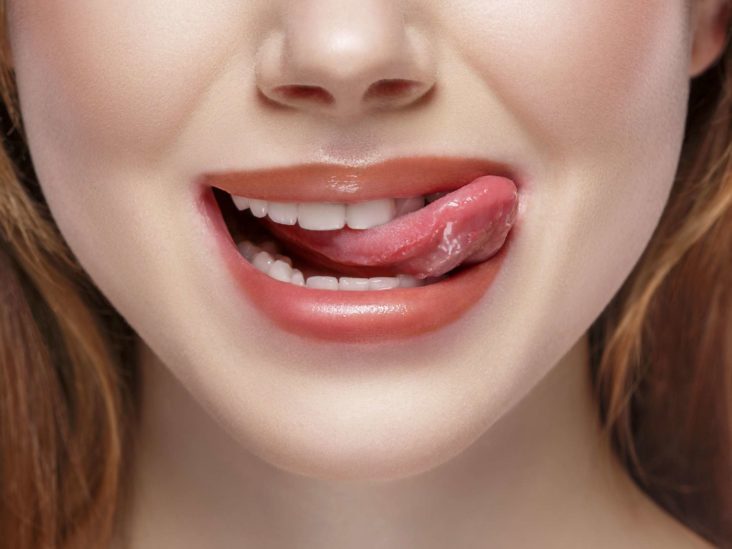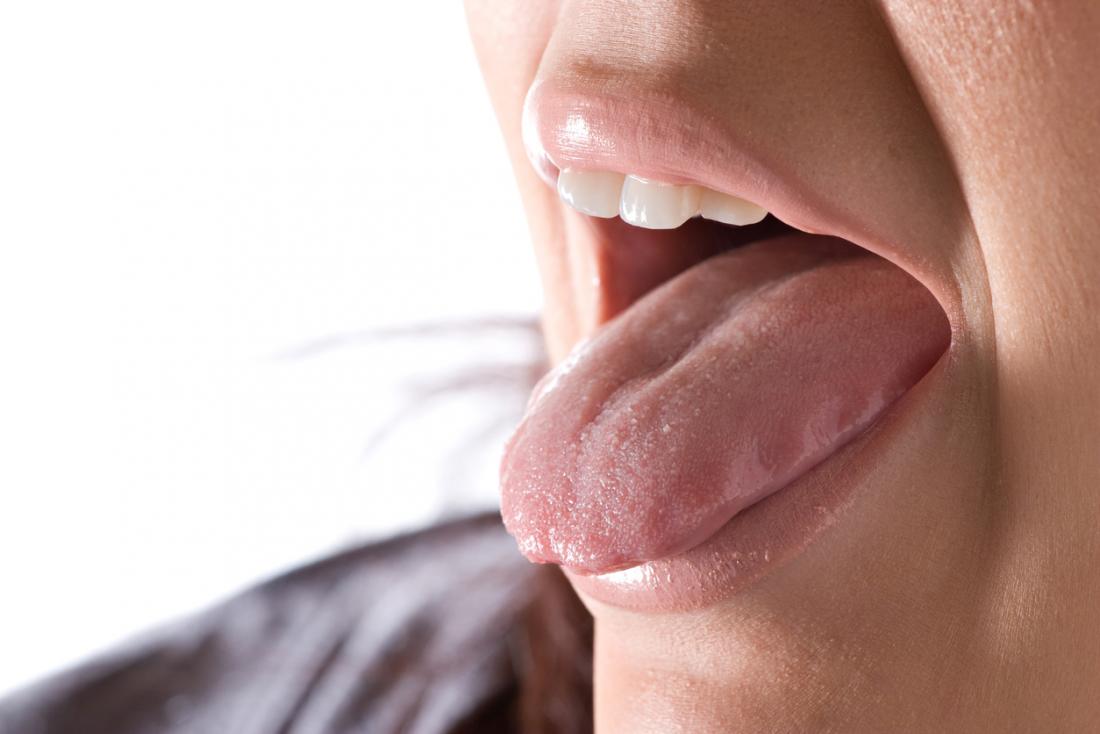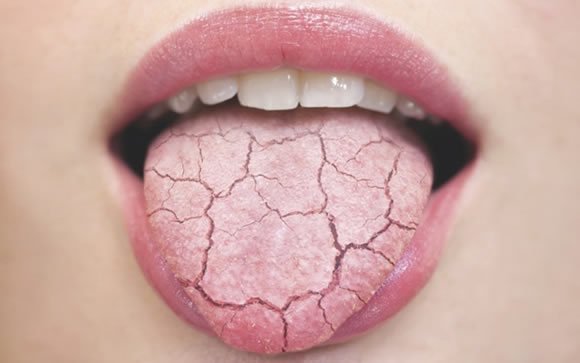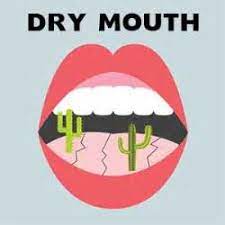Dry Mouth and Throat at Night
Home Remedies for Dry Mouth
Dry mouth, also called xerostomia (zee-roe-STOE-me-uh), is a condition that occurs when your spit gets dry. Normally, your body makes about 1 to 2 litres (about 32 to 67 ounces) of saliva each day. Dry mouth can be a side effect of certain medications or a symptom of Sjogren's syndrome or diabetes. It may also occur if you're taking certain antidepressants, antihistamines or decongestants. Dry mouth can cause problems with speaking, eating and swallowing. You may also have bad breath. Without enough saliva, you're at risk for tooth decay and gum disease. Dry mouth is a common side effect of cancer treatment. It can also be caused by radiation therapy to the head and neck area. Dry mouth can also happen if you have a salivary gland disorder or nerve damage that affects how saliva is made. Dry mouth is not usually serious, but it can make eating and talking difficult. If you have dry mouth, you may need to drink more water and use sugarless gum or candy to help with your symptoms. You should see your dentist regularly so he or she can check for signs of tooth decay and gum disease.

What Causes Extremely Dry Mouth While Sleeping
Our bodies are made up mostly of water, and we rely on H2O to perform many important functions. Every day, we lose water through sweat, urine, and even our breath. In order to stay hydrated, we need to replenish the water our bodies are losing by drinking fluids and eating foods that contain water. However, sometimes even when we're drinking plenty of fluids, we can still experience dry mouth. This can be due to a number of different factors, such as dehydration, certain medications, or medical conditions. Dry mouth can also be a sign of stress or anxiety. So next time your mouth feels dry even after chugging a bottle of water, try taking a deep breath and relaxing - you might just find that your dry mouth goes away on its own!
How to Prevent Dry Mouth While Sleeping
4. What Is A Dry Mouth An Indicator Of


Dry Mouth Mouthwash
There are a few things you can do to relieve dry mouth, such as drinking plenty of water, sucking on sugar-free candy or gum, using artificial saliva, and avoiding caffeine and alcohol. If your dry mouth is severe, you may need to see a doctor or dentist for more treatment options.
Home Remedy for Dry Mouth at Night
The good news is, there are a number of easy natural home remedy that can aid to alleviate completely dry mouth during the night.

Miracle Cure for Dry Mouth
Underlying health conditions such as Sjögren's syndrome, diabetes, and Parkinson's disease can also cause dry mouth. Treating the underlying condition is often the best way to treat dry mouth.
Home Remedy for Dry Mouth
For those struggling with completely dry mouth, there is completely dry mouth spray. This spray helps to deal with dry mouth by producing saliva. Dry mouth can be a result of many things such as medication, aging, cancer therapy, as well as dehydration. However, the most usual reason is due to taking certain medications recommended by a doctor for various other conditions. Examples of these drugs are hypertension medications, decongestants, antihistamines, and also pain relievers. While dry mouth is not a lethal condition, it can be uncomfortable and also interrupt day-to-day tasks. There are others mouth washes that assert to aid with completely dry mouth, however they just mask the sign as opposed to treating the underlying reason.

How Can I Increase Saliva In My Mouth?
Sucking and chewing both encourage salivation.
Consider ice pops or ice cubes without sugar.
Gum without sugar or hard candies without sugar that contains xylitol.
Try drymouthpro oral rinse. It helps to increase saliva production.
What Foods Help With Dry Mouth?
Soft natural foods like soups, canned fruits, soft cooked/blended veggies like carrots or celery, mashed potatoes, soft-cooked pasta, oats, ice cream, pudding, and popsicles are other examples of soft foods that are beneficial for those with dry mouth.
How Do You Get Rid Of Dry Mouth?
To increase saliva production, chew sugar-free gum or savor sugar-free hard candies.
Reduce your caffeine intake because it can dry up your mouth.
Alcohol-containing mouthwashes should not be used as they can be drying.
If you chew tobacco or if you smoke, stop immediately.
Drink water frequently. Use DrymouthPro oral rinse, it is the most effective remedy.
How Do You Get Rid Of A Dry Mouth Overnight?
Treatments for Dry Mouth at Night
To add moisture to the air at night, use a humidifier.
To stay hydrated, sip lots of water throughout the day.
Use drymouthpro oral rinse. It is a moisturizing mouth mouthwash; stay away from alcohol-containing ones. Eat nothing spicy, acidic, or sweet before going to bed.
Is Dry Mouth A Serious Problem?
On its own, dry mouth is not a major medical condition.
However, it might occasionally be a sign of a different illness that needs medical attention.
Additionally, issues like tooth decay and ulcers in the mouth may result.
What Causes Dry Mouth All Of A Sudden?
Dry mouth may be caused by autoimmune disorders like Sjogren's syndrome or HIV/AIDS, as well as by ailments like diabetes, stroke, oral yeast infection (thrush), Alzheimer's disease, or other health conditions.
Additionally, mouth breathing and snoring can cause dry mouth.
Is Dry Mouth A Symptom Of Diabetes?
Dry mouth is a common symptom of high blood sugar in diabetics.
Sometimes the first obvious sign of diabetes is dry mouth.
Speak with your healthcare physician if you experience dry mouth and suspect you may have diabetes.
Can Stress And Anxiety Cause A Dry Mouth?
Stress can have a variety of physical effects on your body and raise your risk of acquiring a wide range of diseases, including dry mouth.
Dry mouth can result from stress and anxiety, according to the Journal of Dental Research, Dental Clinics, and Dental Prospects.
Does Lemon Water Help With Dry Mouth?
Lemon is a well-known natural treatment for dry mouth because of its citric acid concentration and tart flavor.
Will Dry Mouth Go Away?
Drink water: Drinking enough of water can keep you hydrated and ease dry mouth.
According to studies, dehydration may contribute to dry mouth.
Increased water consumption can aid in the treatment of mild dehydration.